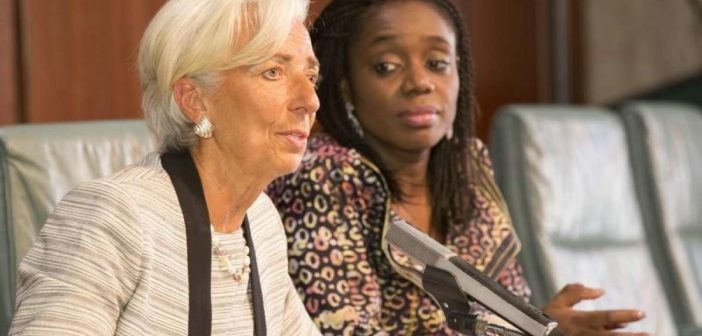On March 5, 2018, the Executive Board of the International Monetary Fund (IMF) concluded the Article IV consultation one with Nigeria and the outcoming was a mix of good and bad news.
The Nigerian economy exited recession but remains vulnerable. Economic growth reached 0.8 percent in 2017, driven mainly by recovering oil production. Inflation declined to 15.4 percent year-on-year by end-December, from 18.5 percent at end-2016. This was attributed to new foreign exchange measures, rising oil prices, attractive yields on government securities, and a tighter monetary policy.
According to the IMF, the reforms under the Buhari’s Economic Recovery and Growth Plan have resulted in significant strides in strengthening the business environment and steps to improve governance. If however says all these have not boosted non-oil non-agricultural activity.
Higher oil prices are supporting the near-term projections, but medium-term projections indicate that growth would remain relatively flat, with continuing declines in per capita real GDP under unchanged policies. The improved outlook for oil prices is expected to provide welcome relief from pressures on external and fiscal accounts, and growth would pick up to 2.1 percent in 2018, helped by the full year impact of greater foreign exchange availability and recovering oil production.
Lower oil prices and tighter external market conditions are the main downside risks. Domestic risks include heightened security tensions, delayed fiscal policy response, and weak implementation of structural reforms. The IMF pinpointed the challenges facing the Nigerian economy which includes lack of growth in the non‑oil, non‑agricultural sector, high inflation, rising unemployment and that poverty is very high.




